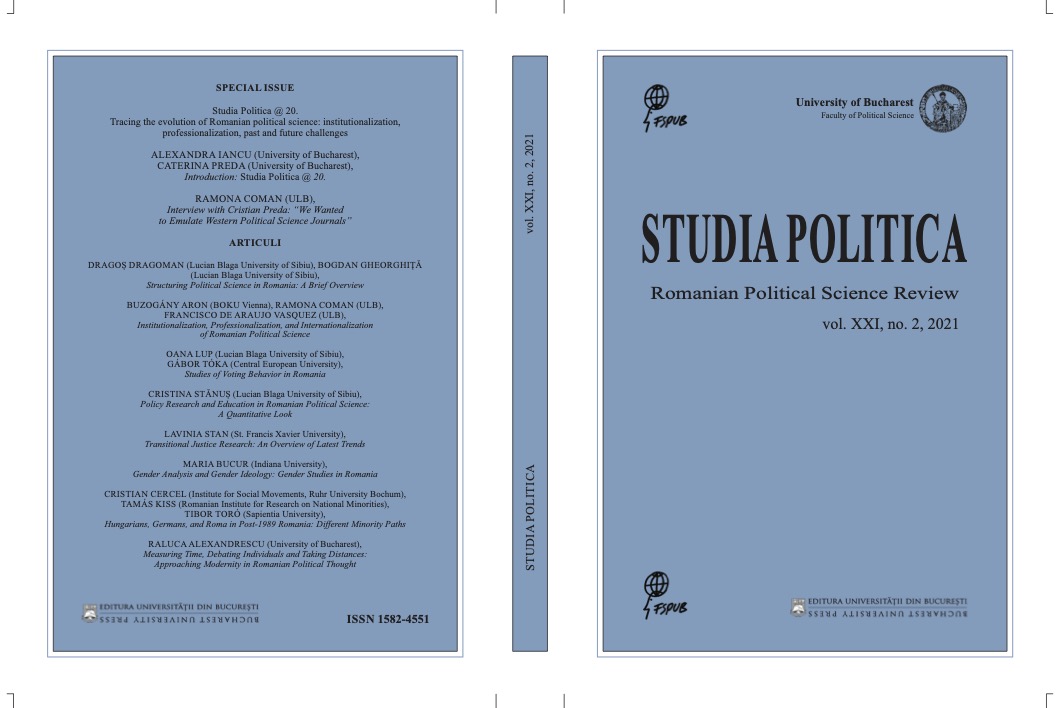The Use, Misuse and Abuse of Culture and Arts in the Peacebuilding and Reconciliation Processes in Post-conflict Bosnia-Herzegovina
The Use, Misuse and Abuse of Culture and Arts in the Peacebuilding and Reconciliation Processes in Post-conflict Bosnia-Herzegovina
Author(s): Rok Zupančič, Faris Kočan, Tjaša VučkoSubject(s): Politics / Political Sciences, Sociology of Art, Peace and Conflict Studies
Published by: Editura Universităţii din Bucureşti
Keywords: Peacebuilding; culture; arts; reconciliation; Bosnia-Herzegovina, logistic regression;
Summary/Abstract: The potential of culture and the arts in peacebuilding and reconciliation processes in post-conflict societies has received growing scholarly attention. Many authors consider culture and the arts as essential to post-conflict efforts because they allegedly provide an acceptable space for alternative thinking, and they are less politically charged than some other peacebuilding and reconciliation strategies. Focusing on the case study of Bosnia-Herzegovina (BiH), this paper offers a more nuanced view on the role of cultural and artistic endeavors in peacebuilding. The authors argue that culture and arts do not necessarily aspire to transcend the narrowly defined ethnic identities and boundaries per se, which is considered to be one of the main aims of arts and culture in peacebuilding, but, on the contrary, often build on ethno-political narratives, frequently even reinforcing inter-ethnic divisions. The paper analyzes five cases of cultural and artistic expressions that attracted wide public attention in BiH precisely because of their highly charged “ethno-political character,” which did everything but bring peoples closer. Based on the analysis, the authors suggest the need for a more thorough understanding of the role of culture and arts in peacebuilding and reconciliation studies.
Journal: Studia Politica. Romanian Political Science Review
- Issue Year: 21/2021
- Issue No: 2
- Page Range: 629-650
- Page Count: 22
- Language: English

